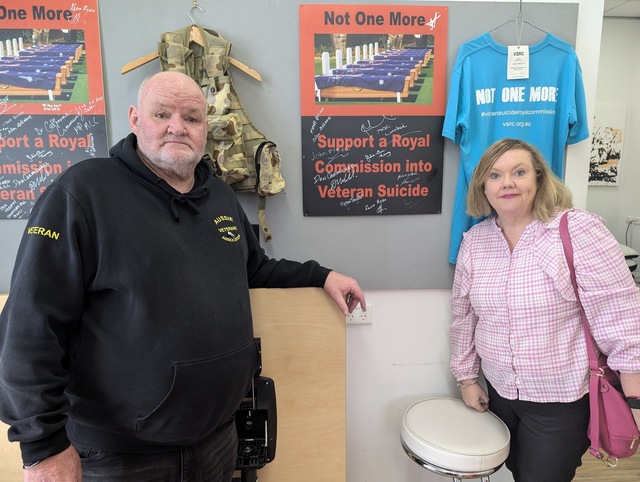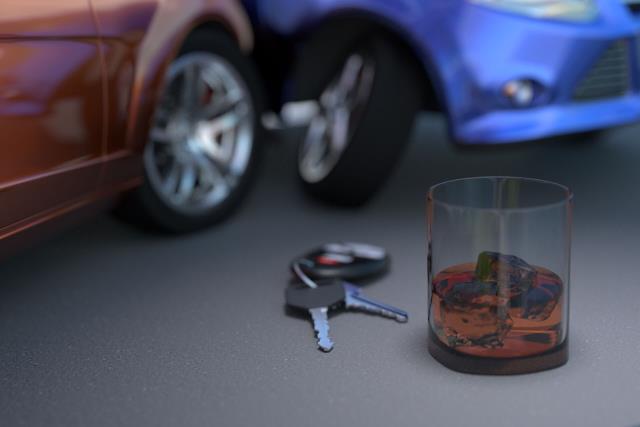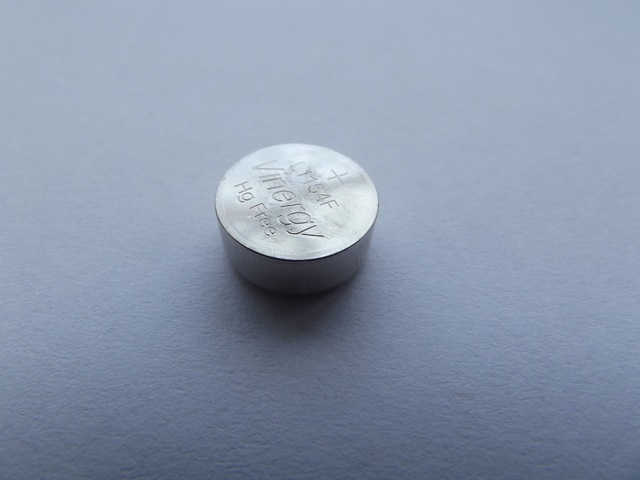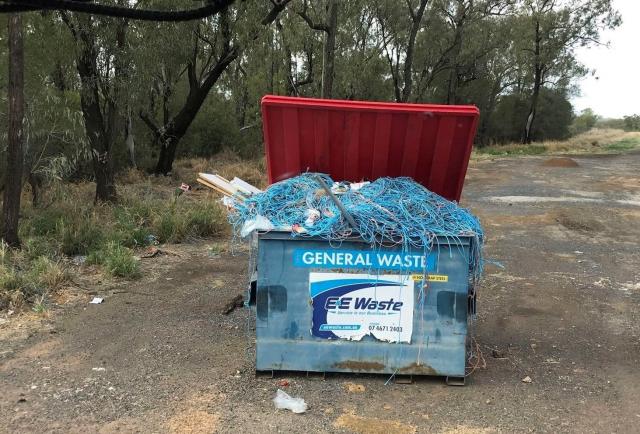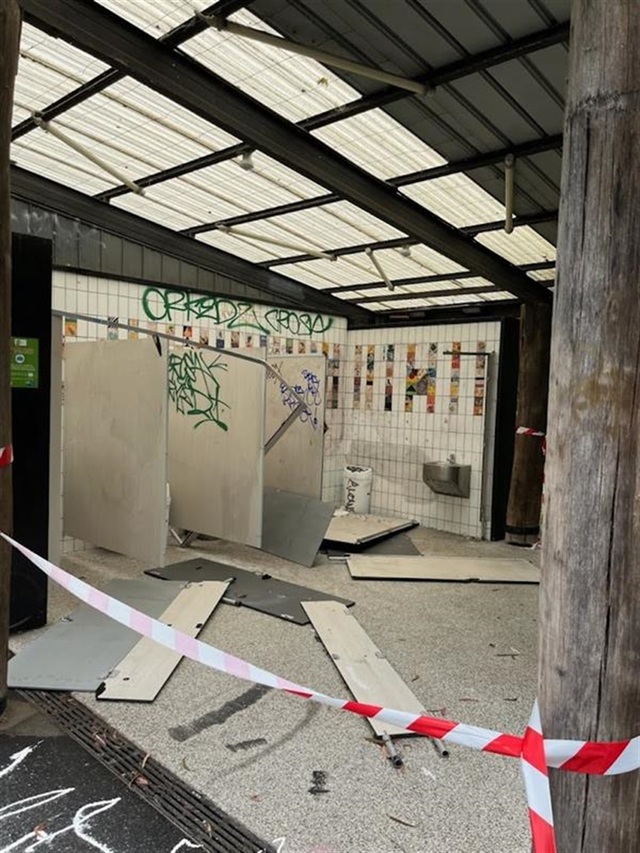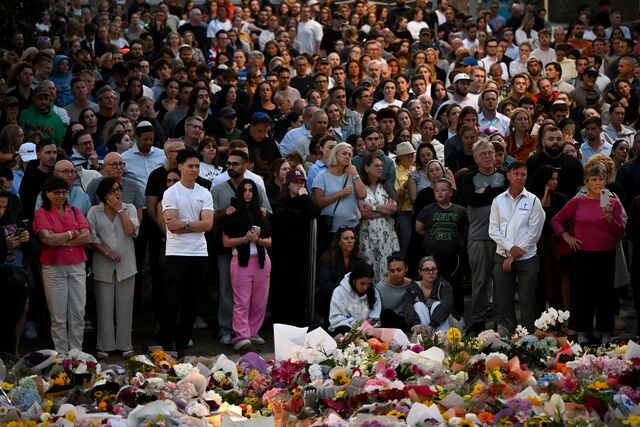The final report of the Royal Commission into Defence and Veteran Suicide was handed down on Monday 9 September – a pivotal moment addressing the incredibly complex issue of veteran suicide in Australia.
The report represents a step forward in improving outcomes for veterans, particularly in their transition from military to civilian life.
This is an ongoing crisis with an average of three deaths by suicide every fortnight over the last decade.
Boronia Veterans’ Advocacy Centre president Dave Menz said the good thing is they’ve done it.
“We want them to accept and implement the recommendations fully,” he said.
The report has 122 recommendations to address cultural and systemic challenges that are failing serving and ex-serving Australian Defence Force members and their families – and costing lives.
Star Mail was invited to sit down for an open discussion on the recent news of the report, as veterans, fellow volunteers and community members gathered to catch up over lunch on 11 September at the Veterans’ Advocacy Centre.
Mr Menz, along with many others at the centre, spends hours of his time doing anything from helping fill out paperwork for things like retrospective medical discharges, a complex process for any veteran, to assisting with home help or medical appointments.
“We still do our work here today, free of charge,” he said.
“Some (veterans) can’t handle being in certain places and they’re not getting looked after.”
The services they provide are unique and cater to the needs of the community. Mr Menz said there is now a facility called Vasey RSL Care, also known as the V Centre which launched in Ivanhoe in February this year.
Vasey RSL Care chief executive officer Janna Voloshin said she commended the report but emphasised the importance of timely action.
“While we appreciate the report, the real test will be in how quickly the government responds. Veterans can’t afford to wait.”
Ms Voloshin said the importance of a proactive approach was essential, highlighting that the transition from the ADF to civilian life is a critical time for veterans’ wellbeing.
“The V Centre Veteran Empowerment Program is a current, operational solution to this recommendation,” she said.
“We hope the government will now consider partnering with us to share this societal responsibility.”
Yarra Glen RSL member Stephen Shortis said to him, the report has set out many ways that support can be provided or improved and the proposed appointment of someone to oversee the process is a positive step but it will depend on the calibre of the person chosen to establish or improve the system – and it will take time.
“Over the years, many attempts have been made to grapple with the problem, but none have had the size and scope of this inquiry and I compliment the members on their report,” he said.
“It is now over to the government.”
Fellow veteran advocate and Berwick RSL welfare committee member Julie Anderson OAM said processes can be difficult and the Aussie Veterans can often streamline assistance.
With a strong history of activism in the name of all veterans Mr Menz said he has protested for years to bring justice, chalking pathways and highlighting the lives lost to suicide within the defence force.
“We’d be protesting outside Anzac house and we’d be outside the DVA,” he said.
“They were scared of us being radicals and going up there and hurting them – we were totally peaceful.”
More than 100 people rallied outside the Department of Veterans’ Affairs (DVA) in Melbourne in late August 2017 to call for a royal commission and the group also rallied on 24 April 2021 outside Victoria’s State Parliament.
According to Australian Institute of Health and Welfare data at least 1677 serving and ex-serving members died by suicide between 1997 and 2021, more than 20 times the number of personnel killed in active duty during that same period.
The royal commission estimated the true number of preventable deaths to be more than 3000.
Lilydale RSL president Bill Dobson said he and the sub-branch members felt that now was the time for “genuine leadership” and that these recommendations cannot be put aside for future governments to act on.
“As commissioner Peggy Brown said ‘this is not a problem that Defence or the DVA can be trusted to solve by themselves’. The research from paramedics and police across Australia indicates there is a self harm or suicide event by a veteran every four hours,” he said.
“This cannot continue, the government must support veterans, there are thousands of disability and pension claims not being addressed by the DVA, these dismissive self important bureaucrats and politicians are stopping veterans from overcoming the trauma of war.”
Ms Anderson said she thinks the DVA were worried the group was getting traction at the time because the royal commission would expose a lot of issues within the department itself.
“There should be a royal commission into just the DVA,” she said.
“The terms of reference really didn’t shine a light on DVA, it was really focused on defence – don’t get me wrong, defence should have a lot to answer for and they had a pretty hefty light shone on there.”
Ms Anderson said that even getting basic home help and pharmacy and medical services can take months.
“They’re entitled to household services,” she said.
“Veterans are putting in their claims now and then they are allocated to a dead person.”
“Essentially, they just put on a list and allocated a delegate, that delegate is going to take two years.”
Ms Anderson said she still has veterans waiting for claims that were lodged in 2022.
DVA secretary Alison Frame said in a statement after the final report was issued that the government would time the time to “appropriately consider the recommendations” which “are largely directed to Defence and DVA”.
“As I stated in my evidence to the Royal Commission, I acknowledge that in the past we have let down the veteran community and that going forward, we are committed to improving wherever we can,” she said.
“The Final Report represents a once-in-a-generation opportunity for meaningful change and, along with Defence, we will make every effort to address suicide and suicidality among our serving and ex-serving ADF personnel.”
Mr Dobson said all parties involved in the royal commission and mentioned in the recommendations need to “get their act together and support those who are putting their lives on the line”.
“There have been 57 previous inquiries into veteran suicide in the past 30 years and yet the suicide rate has not diminished,” he said.
“Australia needs to build a better ADF and action the commissioner’s findings. Trying to recruit new ADF people must be difficult at the moment and we need to meet our defence capabilities, this is a significant time with all the geopolitical uncertainty.”
The Aussie Veterans advocacy group said they are hopeful for change but acknowledge it won’t change things on the ground for veterans for some time.
Ex-service members in attendance said that without the centre, their stories would be different.
For now, people like Mr Menz and Ms Anderson will continue to advocate for veterans.
“I’m 63 this year. I’m not that young, but my focus is on younger veterans,” Mr Menz said.
“It’s a team. We all work as a team. We have the ability to look after veterans and locals who aren’t veterans.”
Mr Dobson said if any veteran needs help for any reason then please contact him, you will be directed to a professional in the appropriate area, president@lilydalersl.com.au
Lifeline 13 11 14
Open Arms 1800 011 046

